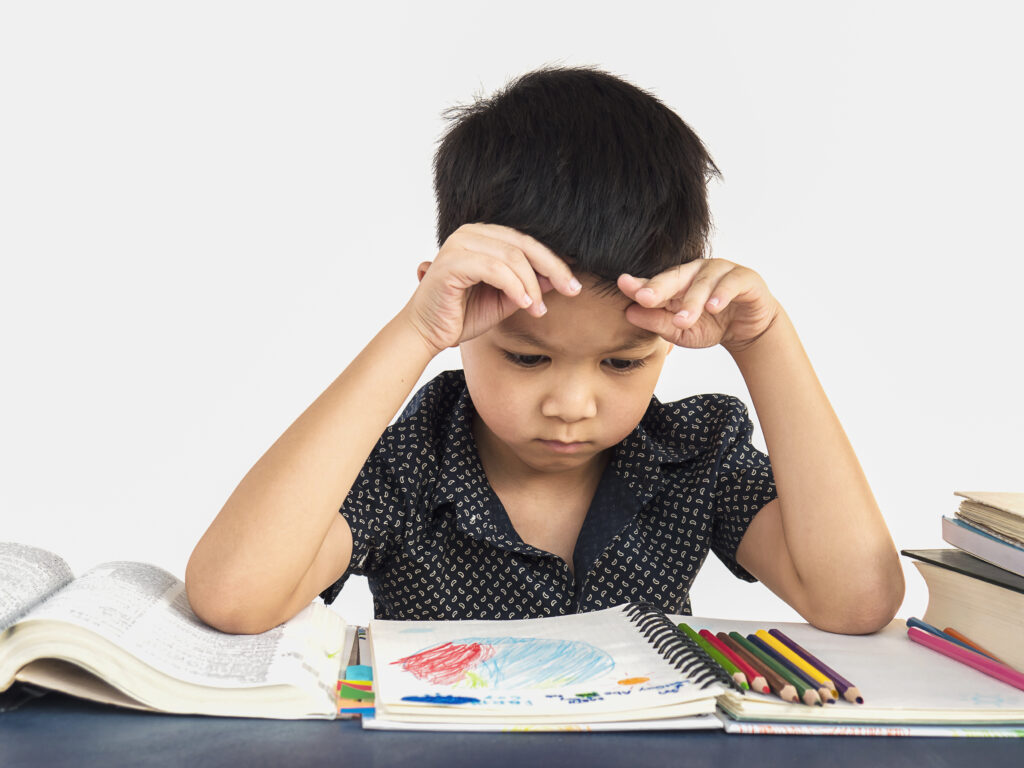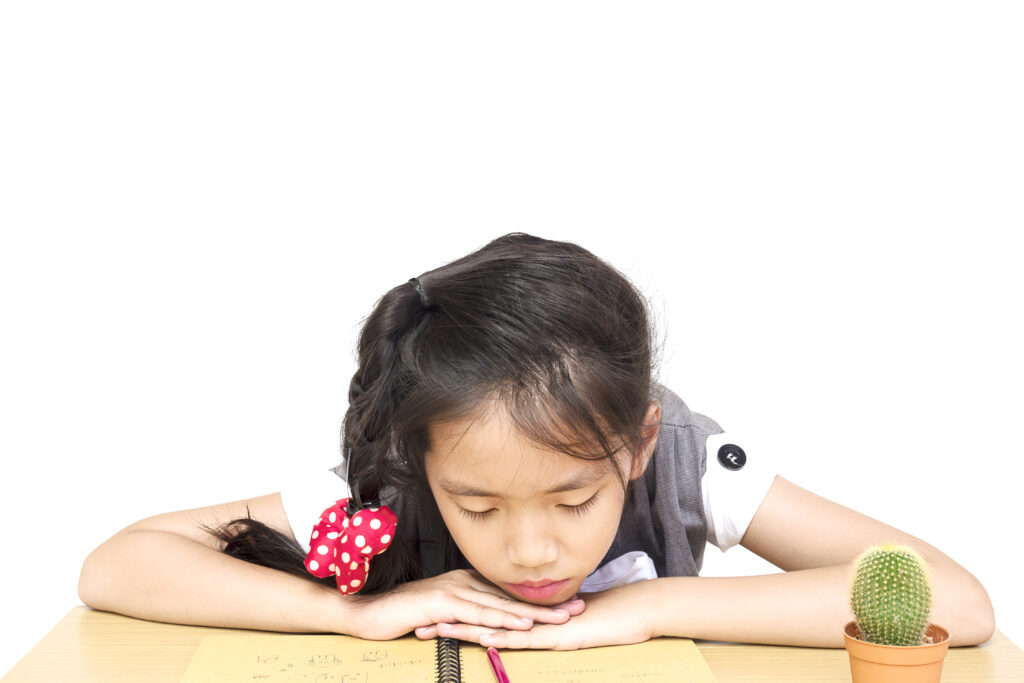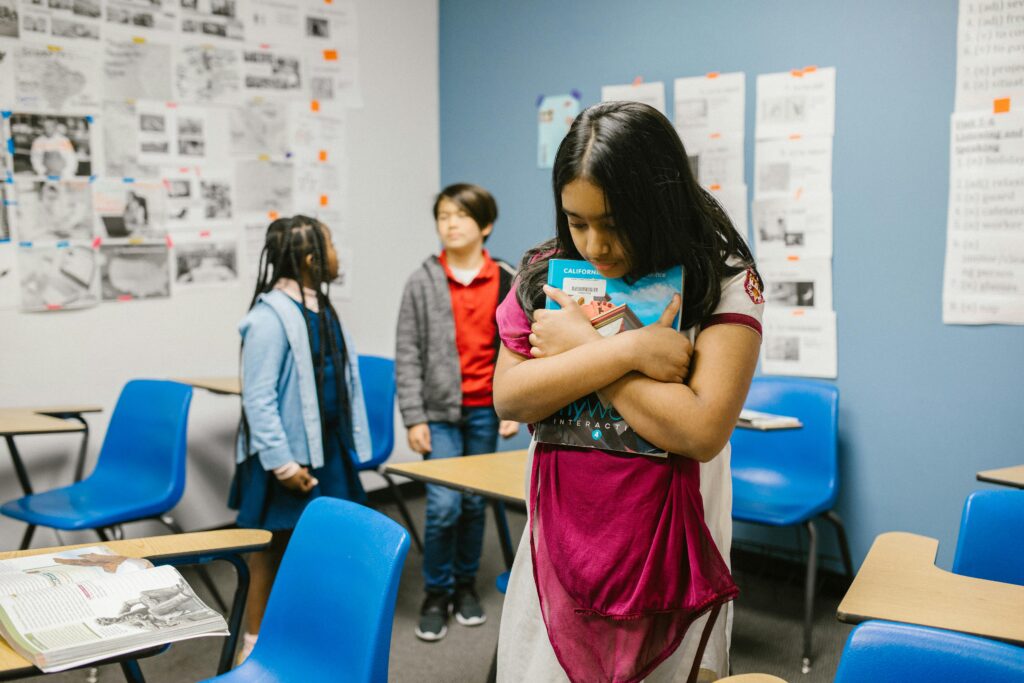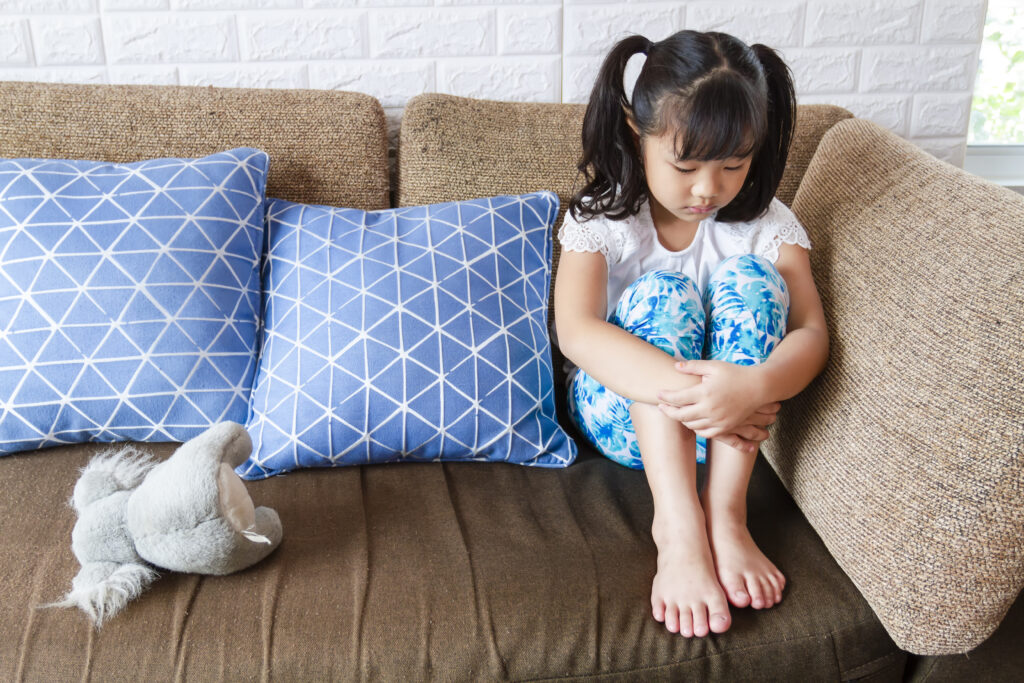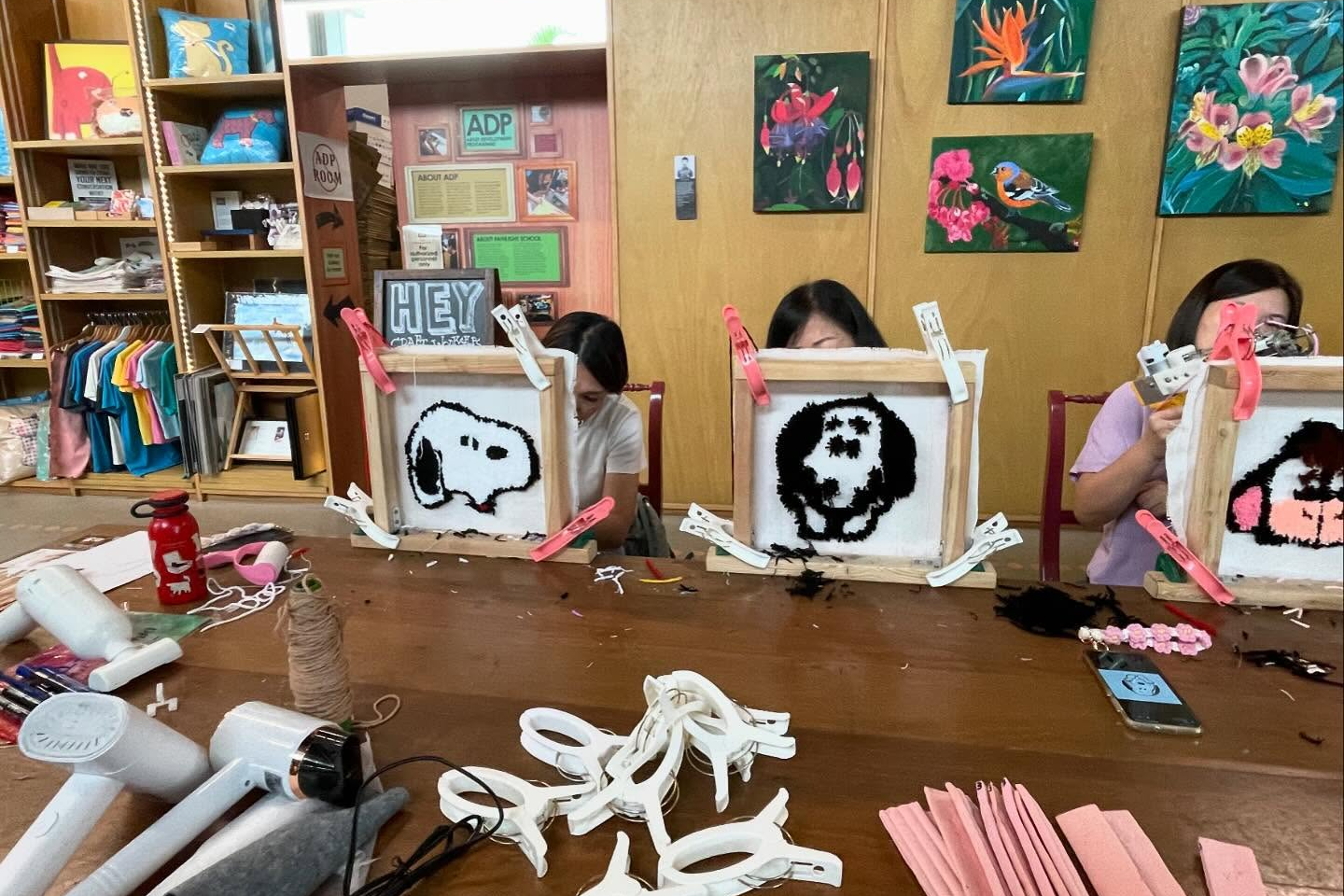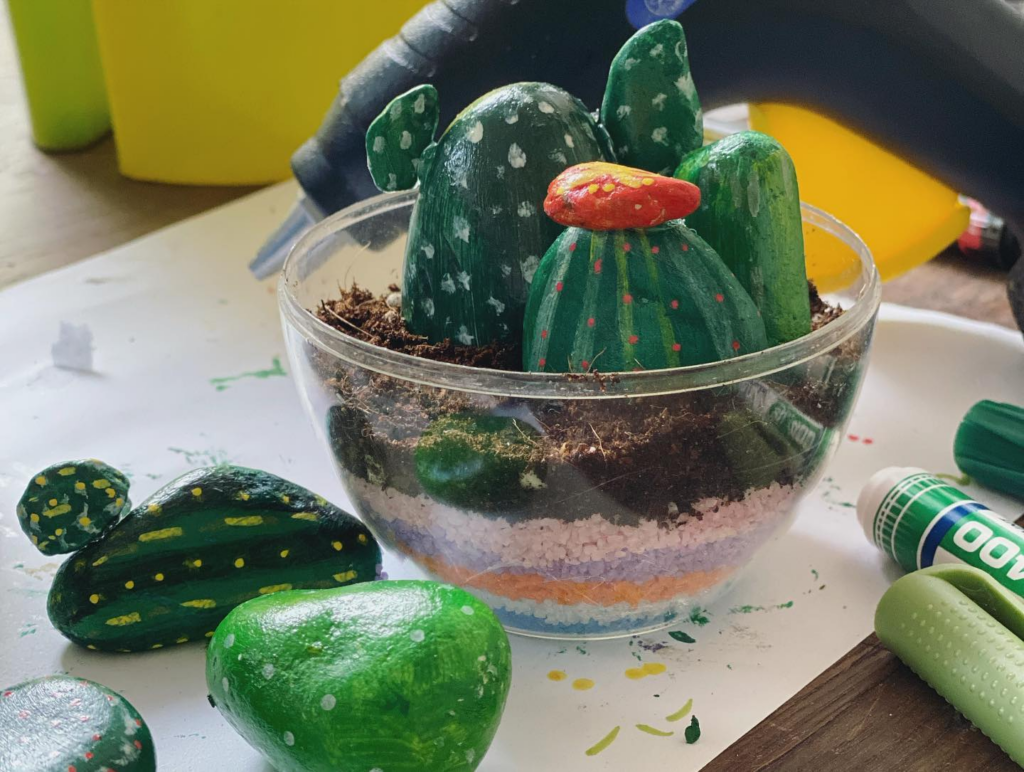"Many parents want to help with English homework, but good intentions don’t always lead to good learning."

Helping children with English homework is something many parents genuinely want to do well, yet it can feel more challenging than expected. Small habits during homework time can affect how children learn, think, and feel about English. Recognising these common mistakes can help families create a more positive and effective learning routine, especially for reading, writing, and comprehension skills. Below are seven common mistakes to avoid, along with simple ways to address them.
1. Doing the Work for the Child

One common mistake parents make when helping with English homework is stepping in too much and doing the work for the child. This often happens with good intentions, rewriting a sentence to sound better, fixing grammar, or giving the correct answer right away. While this may make the homework look more polished, it takes away the child’s chance to practise expressing ideas in their own words and learning through mistakes.
When parents take over, children may start relying on help instead of developing confidence in their own thinking. Grades may improve in the short term, but the child misses opportunities to build writing skills, problem-solving habits, and independence. A more supportive approach is to guide children with questions, encourage them to explain their ideas, and let them do the actual thinking and writing themselves.
2. Focusing Too Much on Grammar and Spelling

Focusing heavily on grammar and spelling while a child is still developing ideas can be overwhelming. Pointing out every mistake, even small ones, may discourage children and make them anxious about writing. Instead of enjoying the process or sharing thoughts freely, they may become overly cautious or frustrated, worrying that every sentence will be criticised.
In the early stages of writing, children benefit more when attention stays on ideas and clear communication. First drafts are meant to explore thoughts, organise opinions, and get ideas onto the page. Grammar and spelling can be reviewed later, once the message is clear. Allowing children to write freely helps build confidence and makes writing feel like a skill they can improve over time.
3. Using Adult-Level Language

Parents sometimes suggest vocabulary or sentence structures that are too advanced for their child’s level. This often happens when parents want the writing to sound more polished or mature, leading them to replace simple words with complex ones or encourage longer, formal sentences. While well intentioned, this can make the writing feel unfamiliar to the child.
When language goes beyond a child’s grade level, the work may sound unnatural and fail to reflect the child’s true abilities. Teachers can usually tell when a piece of writing does not match a student’s usual voice, which may result in confusion or lower marks. Encouraging children to use language they understand helps them communicate clearly and develop skills that grow naturally.
4. Correcting Without Explaining

Correcting a child’s work without explaining the reason behind the change is another common issue. Telling a child that an answer or sentence is “wrong” and moving on may fix the homework on the surface, but it leaves the child unsure about what needs improvement. Over time, this can lead to repeated mistakes and growing frustration.
Children learn more effectively when they understand why a correction is needed. A brief explanation helps them recognise patterns in grammar, sentence structure, or word choice, making it easier to apply the same idea in future tasks. Taking a moment to explain turns corrections into learning opportunities and builds confidence when children work independently.
5. Ignoring the Teacher’s Instructions

Parents may sometimes help in ways that do not match the teacher’s instructions or grading rubric. A child’s work might be well written and carefully edited, but if it does not follow the assignment guidelines, it may miss the mark. This often happens when parents focus on improving writing style while overlooking requirements such as word count, format, or content focus.
When work does not align with what the teacher asked for, children may receive lower marks despite strong effort. This can feel confusing and discouraging. Reviewing the instructions together and checking the rubric helps ensure that parental support matches what the assignment is meant to assess.
6. The Rush to Finish Homework

Overemphasising speed instead of understanding can cause problems with English homework. When children rush to finish just to move on to something else, they may skim reading passages or misunderstand writing prompts. This often leads to careless answers and missed details, even when the child could perform well with more time.
In many households, the focus is simply on making sure homework gets done. Statements like “finish your homework before you play games” can turn homework into a race. This pressure encourages children to work quickly rather than carefully. When parents do not review the homework afterwards, mistakes and gaps in understanding often go unnoticed. Spending a few minutes looking over the work together helps children see that learning matters more than speed.
7. Stress and Pressure During Homework Time

Homework can easily become stressful when pressure, impatience, or visible frustration enter the picture. This can make children anxious about English, especially reading and writing tasks that already feel challenging. When learning feels tense, children may rush through work, avoid participation, or lose confidence, gradually associating English with stress rather than progress.
Focusing only on mistakes can also reduce motivation and enjoyment. Children respond better when effort and improvement are recognised alongside corrections. Encouraging small wins and steady growth helps maintain engagement and supports stronger language development in a low-pressure environment.
This is where Curio.sg supports families seeking a stress-free approach to English learning. We provide online English tuition designed to fit naturally into modern family life, allowing students to learn in a familiar and comfortable setting. Our ‘One-to-one Video Consultation’ program offers focused attention tailored to each child’s pace, strengths, and areas that need support. Students also gain access to our ‘Independent Lite’ and ‘Independent Unlimited’ plans, which include worksheets and notes on English, Literature, and GP topics, covering all novels, plays, and poetry. Lessons are planned around each student to encourage steady progress, build confidence, and keep learning enjoyable—sign up with Curio.sg today and give your child a calmer, more confident English learning experience.


